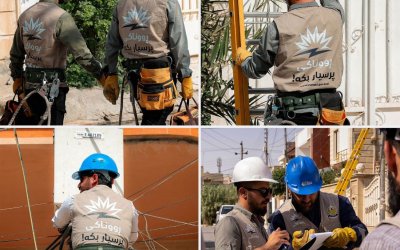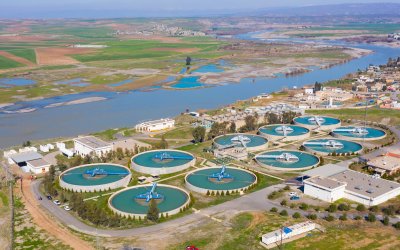This report was produced jointly by IRIS and the Foreign Policy Research Institute (FPRI). The author, Samuel Helfont, is a Robert A. Fox Fellow in the Foreign Policy Research Institute’s Program on the Middle East, and holds a post-doctoral lectureship in the University of Pennsylvania’s interdisciplinary International Relations Program. He conducted the research for this report over the course of his last visit to the Kurdistan Region of Iraq, at the occasion of the fifth annual Sulaimani Forum, in March 2017.
Executive Summary and Recommendations
As the United States looks toward developing policies for a post-ISIS Iraq, preventing violence between Kurdish factions in Iraq will continue to be a key strategic interest. As this report argues, the United States would benefit greatly from a long-term alliance with a strong Kurdish entity in Northern Iraq, but only if it is stable and on good terms with the Iraqi government in Baghdad.
Helping the Kurds to reform their military forces by building the capacity of forces under the control of the non-political Ministry of Peshmerga is vital to achieving these goals. However, the current American plans to do so will face a number of political and technical hurdles following the cessation of operations against ISIS. Most notably, Baghdad was reluctant to allow the Kurds to build combat capabilities prior to the ISIS crisis in 2014 and such reluctance may return once the crisis subsides. Moreover, the Kurdish Democratic Party, which is the most powerful Kurdish faction in Iraq, has used its position to ensure that forces loyal to it, rather than the Kurdish Regional Government, maintain the majority of the weapons and supplies.
This report, which is based on field work in Northern Iraq, including interviews with senior Kurdish military and political leaders, argues that the United States should offer urgently needed non-lethal aid to the Peshmerga as a way to overcome these obstacles. The Kurds desperately need a medical corps and communication units in the Peshmerga. Developing these non-lethal capabilities under the control of the Kurdish Regional Government would be less politically contentious.
If done properly, the reforms could help to bind all Peshmerga forces to the government as well as help to change the partisan culture that prevents the different sides from working together. That culture has led to intra-Kurdish violence in the past.
This non-lethal aid does not have to replace the current reform plan. In the best case scenario, non-lethal aid would be a valuable addition to the current plan. But if the current plan stalls, as many Kurdish leaders predict, the non-lethal aid that this report recommends could be the only thing moving the reforms forward.
Click here or on the photo below to for the full report.






